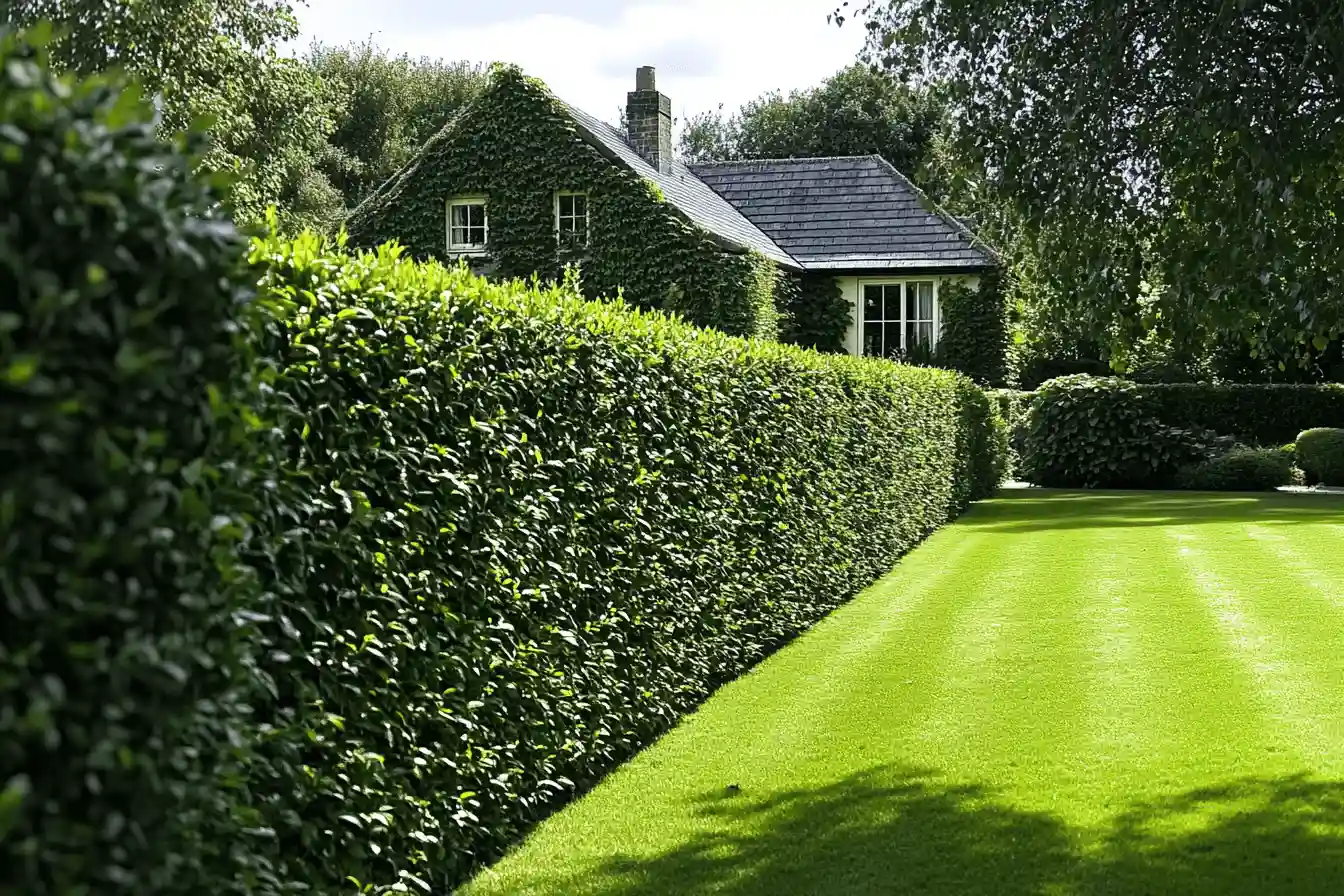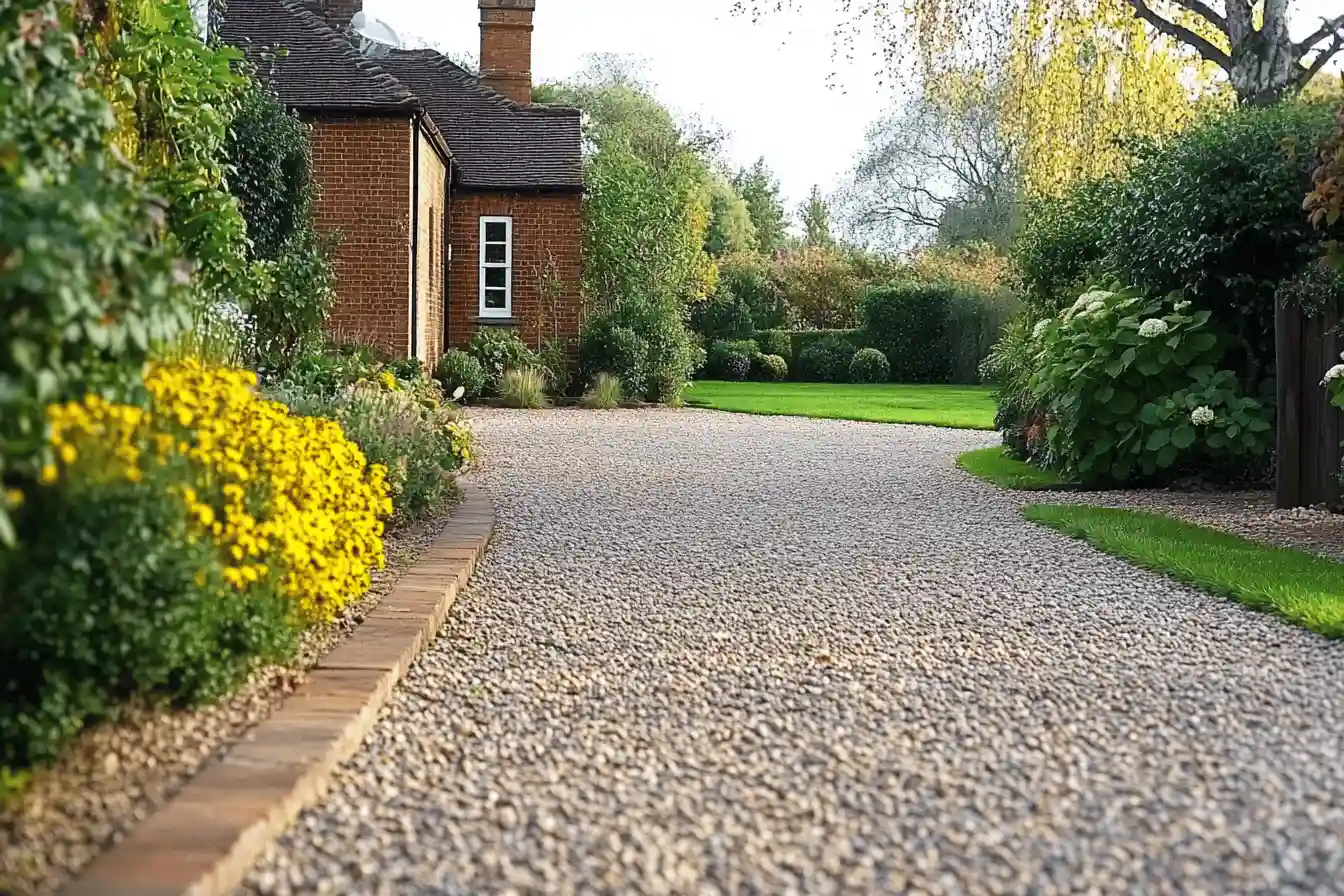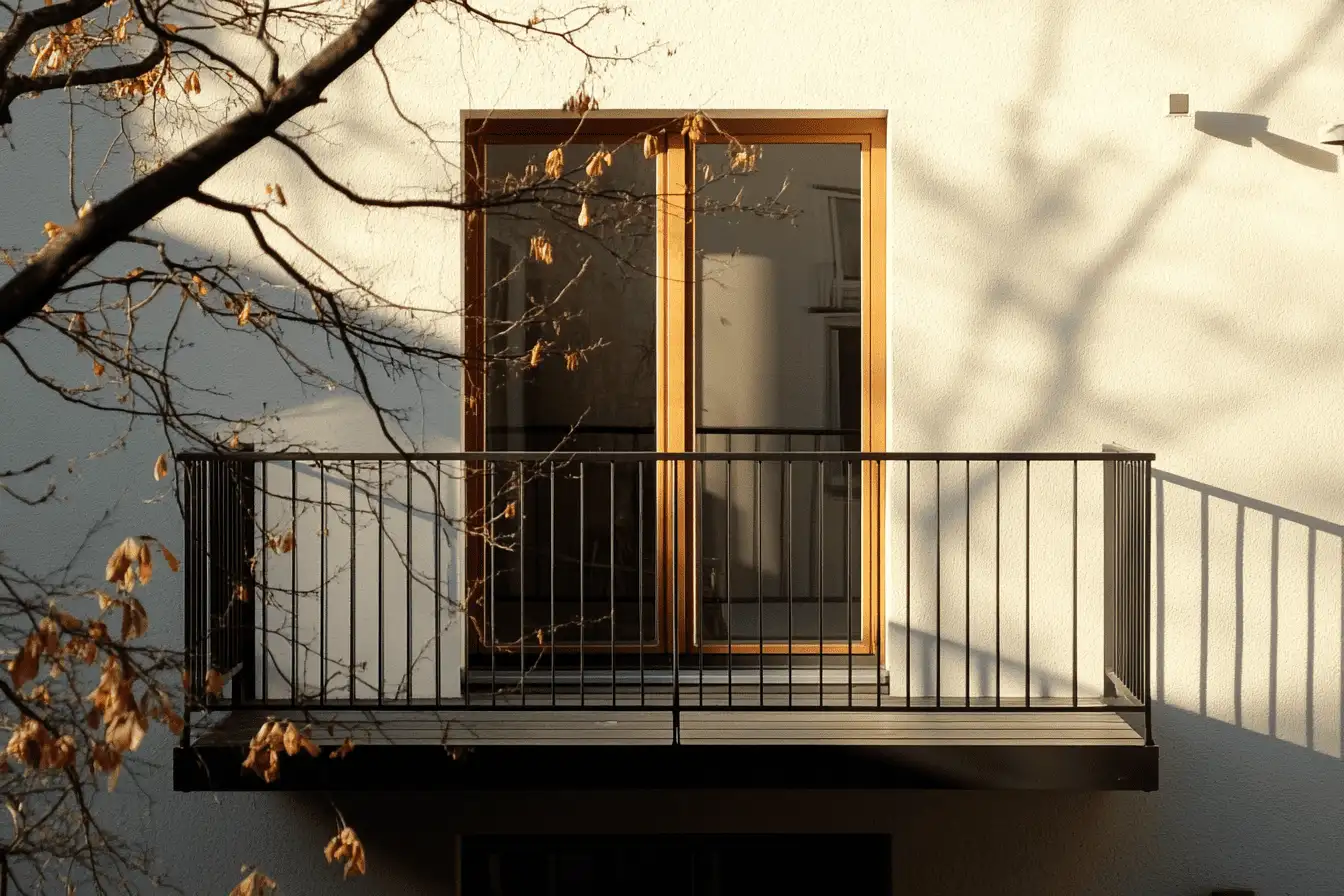
Hedges are one of the most popular border and privacy protecting measures. Regular care is important not only for appearance, but also for regulatory reasons. You can find out how high the hedge cutting prices in the UK are and how you can best save money here!
How much does hedge trimming cost in the UK?
In most cases, a gardener charges per hour or per metre. For larger projects a fixed price per day can also be useful. The average hedge trimming cost per hour is around £20-£40 in the UK.
The going rate for regular hedge trimming per metre will likely be around £2,50-£5. If the hedge needs to be trimmed back quite a bit, the cost can be as high as £20. However, if you charge per cubic metre, you will usually have to add disposal costs of around £35-£45 per cubic metre of waste.
ON AVERAGE: £20 – £40 PER HOUR
The prices also vary depending on the type of plant (e.g. conifer or privet hedge), the desired degree of pruning and the region in which you are located. Some gardeners also charge travel costs.
Below is an example of a 30 metre conifer hedge cutting in a suburb of London. The hedge is trimmed from 2m height to 1.5m. The hedge cutting contractor charges per metre.
Cost example for 30 metre conifer hedge cutting
1 m | 30 m | |
|---|---|---|
Hedge trimming | £5 | £150 |
Disposal costs | £50 | |
Travel costs | £50 | |
Total cost | £250 |
Money saving tip: Compare gardener prices in your area!
Is a hedge cutting price per hour, per metre or per day best?
Hedge cutting: Cost for waste removal
If the gardener charges by the metre, there may be additional disposal costs for the hedge. This is because the amount of material to be disposed of is not easy to estimate and gardeners are therefore reluctant to quote a fixed price for disposal.
For a small shaping cut the costs are hardly worth mentioning, but for a large hedge pruning there is also a lot of waste that has to be disposed of.
Disposal of garden waste should cost around £35-£45 per cubic metre. Basically, it is important to either find out about a total price or to inquire about the costs for cutting and disposal separately. In detail, the disposal costs consist of the rental costs for the transporter and the costs for disposal at the landfill.
It is different, however, if the gardener charges per hour. In this case, the costs for removal and disposal are usually agreed to in advance on an hourly rate.
Hedge cutting prices vary from region to region
It should also be noted that there may be greater regional variations. This is especially true for more expensive big cities like London, Bristol, Manchester or Edinburgh. The hedge cutting prices in London are the highest in the UK. The somewhat cheaper cities include Belfast, Cardiff and Newcastle.
In rural areas the average prices are the cheapest. This is especially true in the north and north-east of the UK. In any case, it is worth comparing prices to get a better idea of the regional costs. All prices on this page are guidelines including VAT and may of course vary.
How often should I cut my hedge?
» 1-2 times per year
How often a hedge should be trimmed depends, among other things, on the type of plants involved. For example, fast-growing field maple hedges should ideally be pruned twice a year, otherwise the shoots will become too thick.
The hornbeam, copper beech and privet are considerably easier to care for. For these hedges one cut per year is sufficient, ideally in June.
It is best to cut in such a way that the hedge later has the shape of a trapezium. This will keep it dense for many years and give a uniform appearance without gaps.
What is the best time of the year to trim hedges?
If you want to cut hedges, bushes and trees, you have to be considerate of nature. From March to August, pruning is only allowed for maintenance purposes. A hedge may be gently shaped. Under no circumstances should a bird’s nest or other construction be damaged.
It is therefore advisable to check the hedge beforehand. The hedge may only be trimmed for a better shape. A heavy pruning is not allowed and the hedge must not be disposed of completely.
Tree and shrub pruning should be done in autumn and spring. This is the ‘hedge cutting season’. In the time from October to the end of February you can cut the plants back well.
You just have to pay attention to the temperatures. As always, temperatures down to minus 5 degrees are okay for most plants. It should not get any colder. At low temperatures, bruising on the branches quickly occurs instead of clean cuts. As a result, the wounds on the hedges heal poorly.
A gentle cut to get the hedge into shape should be done around June. During this time hedges start their second annual shoot. The first cut is made in January and February. This makes hedges much denser and allows them to grow very evenly.
The first cut may well be a little stronger. In summer, only a light maintenance cut. Let the hedge grow in peace for the rest of the year and then cut it back to its original height in spring.
When can you not cut hedges in the UK?
It is important to note that during the bird breading season – from March to August – hedge plants and cypresses as solitary plants may not be cut or may only be cut to a limited extent.
Birds like to use the protection of densely growing plants to build their nests and raise their young. The authorities have therefore guaranteed the nesting birds special protection by law.
Can I cut the hedges myself?
Yes, you can. You should know, though, that it’s a lot of work. In addition to knowledge about the right cutting profile and the right cutting technique, you should also invest in a good hedge trimmer. And of course you should know the permitted cutting times (Key point: bird breading season).
When it comes to hedge trimmers, you can choose between mechanical hedge trimmers (well suited for small hedges that rarely need trimming) and electric hedge trimmers, which can be used to quickly and effortlessly cut long fences of hedge plants.
Whether you cut with the electric hedge trimmer or the classic manual hedge trimmer is nowadays more a question of your physical fitness. When cutting long hedges, electric hedge trimmers (whether wired or battery-powered) make the job easier.
What is the legal height for a garden hedge in the UK?
» Not more than 2 metre height
The owner of the hedge is obliged by law to fulfil certain conditions. In order to avoid disputes between neighbours, the UK government decided on 1st June, 2015 that neighbours can lodge a complaint with the council for hedges over 2 metres high. The council can also impose a fine in such cases.
Can the neighbour cut the top of my hedge?
It is permitted by law to trim the branches or even roots of hedges, if they are a nuisance on your property. The neighbour has the same right, of course.
However, when it comes to the height of the hedge (top of the hedge), it is advisable to get professional advice beforehand, e.g. from a property lawyer. It is therefore not possible to force the neighbour to trim his hedge back when it grows into the other garden.
However, they are allowed to cut overgrown branches on their own – exactly up to the property line. In addition, the cuttings must be returned to the neighbour. If they cut the neighbour’s hedge even further than the boundary, he has the right to take them to court for damage to his property.
How do you remove a hedge?
4. Dispose of the waste and treat the soil
The waste is either disposed of by yourself or driven away. For example, leaves can be composted and trunks could be used as firewood. The resulting holes in the soil can be plugged with soil, compost or a mixture of both to continue to provide a nutritious basis for future plants.
How high is the hedge removing cost in the UK?
The cost for hedge removing is of course higher than for simple hedge trimming, because here the trunk and the roots have to be milled and removed as well. There is also more waste to be removed and disposed of.
Although it is more difficult to generalise the costs for hedge removing, as the plant and its degree of rooting are also very important, a rough estimate of £70- £150 per metre can be made.
The costs include the cutting of the hedge, the cutting of the roots, a rented container and the disposal of the waste. With hedge removing, just as with hedge cutting, attention must be paid to the permitted times due to the bird breading season.
Tips to save on hedge cutting costs
» Know the size of your hedge
The measurements are important for a good and accurate quotation. A gardener can easily estimate how long it will take to cut a hedge if he knows its length, width and height.
» Get free estimates!
Since the prices for hedge cutting can vary greatly and depend on many factors, it is always a good idea to compare prices, and the price comparison on this page will help you find the best value for money in your city.










